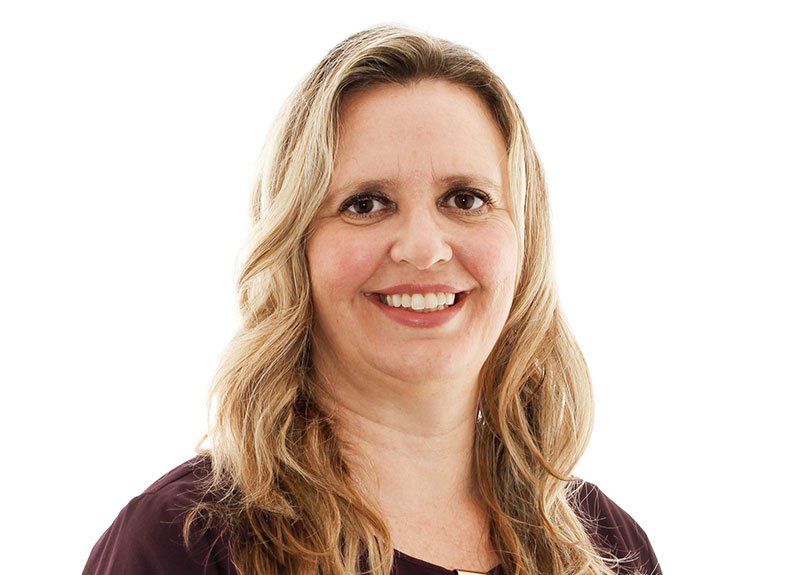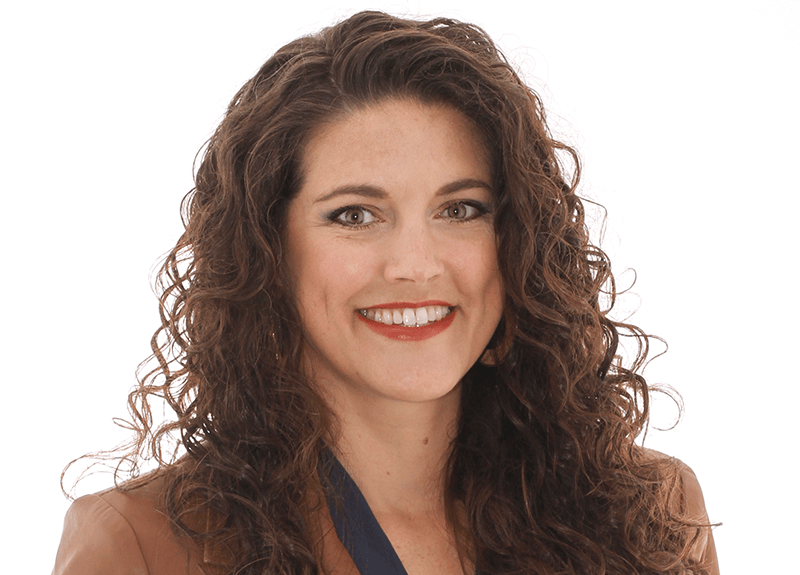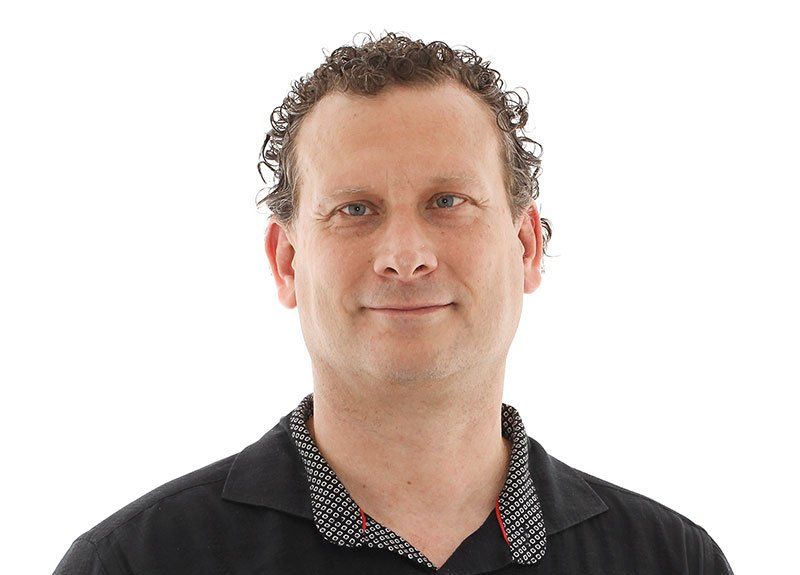Incest Survivor Issues
Incest Trauma Therapy Ottawa
Incest describes sexual abuse that is committed against a child by a parent or close family member. Survivors of this form of abuse may have varying impacts into adulthood. These individuals are at an increased risk of experiencing poor self-esteem, shame, self-hatred, interpersonal difficulties, as well as a sense of helplessness and worthlessness.
Adults who have experienced abuse as children often have challenges maintaining a positive relationship with their therapists. As their emotional states change, these individuals may shift from feeling positively about their therapist to negatively and may also have the expectation that their counsellor will abandon them before their therapy is complete. This may lead to a dynamic between the client and therapist in which the client consistently seeks reassurance and struggles to trust the counsellors’ intentions. The mistrust the client has is not solely directed at the therapist, but at people in general, as their history has not shown people to be trustworthy.
Trauma bonding is a common response to childhood abuse. Survivors often have a distorted view of the abuse they have experienced and associate it with caring and affection. This can lead to choosing potentially abusive romantic partners throughout their life.
Psychologists can work with survivors of incest to identify their distorted thought patterns and harmful situations and help create healthier behaviours and thoughts in the future.
Gilmour Psychologists with Expertise in Incest Survivor Issues
Contact Gilmour Psychological Services® in Ottawa to schedule a consultation with a psychologist who has an expertise in incest survivor counselling.









